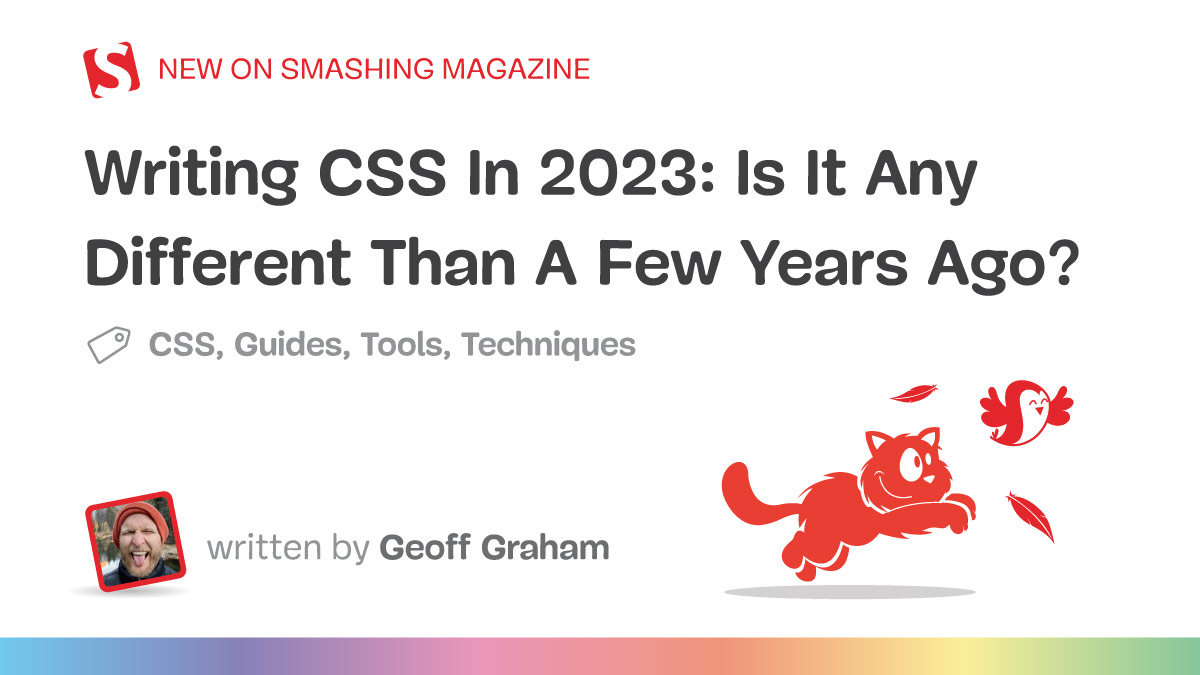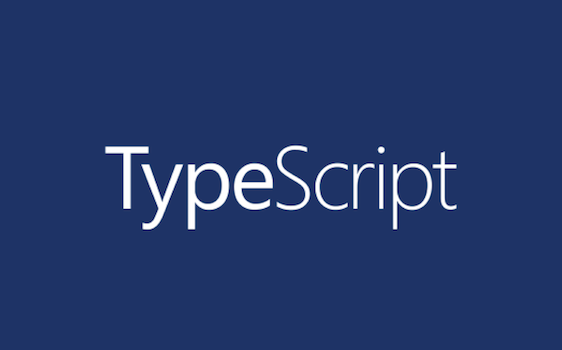

I wonder if the slowdown in non-ai features this release was influenced in some way by their migration away from AMD modules to ES modules.
Putting myself in their shoes and taking codemods into account, I wouldn’t want to make a big feature and have to worry about AMD/ES module concerns. Why do that when instead I could get a bunch of checking and smaller (but non headline) tasks out of the way and get back onto the larger features in 1-2 months after the ES modules are proven to work and I don’t have to worry about rolling back changes.
Either that, or sometimes by statistical eventuality we end up with changes (which all take a different time to be completed) just not being released within a small period of time.











I think the more important question here is why are you using the internet without an adblocker?
But to answer the lesser question, stick this in a pinned tab and download what you need: https://devdocs.io/offline